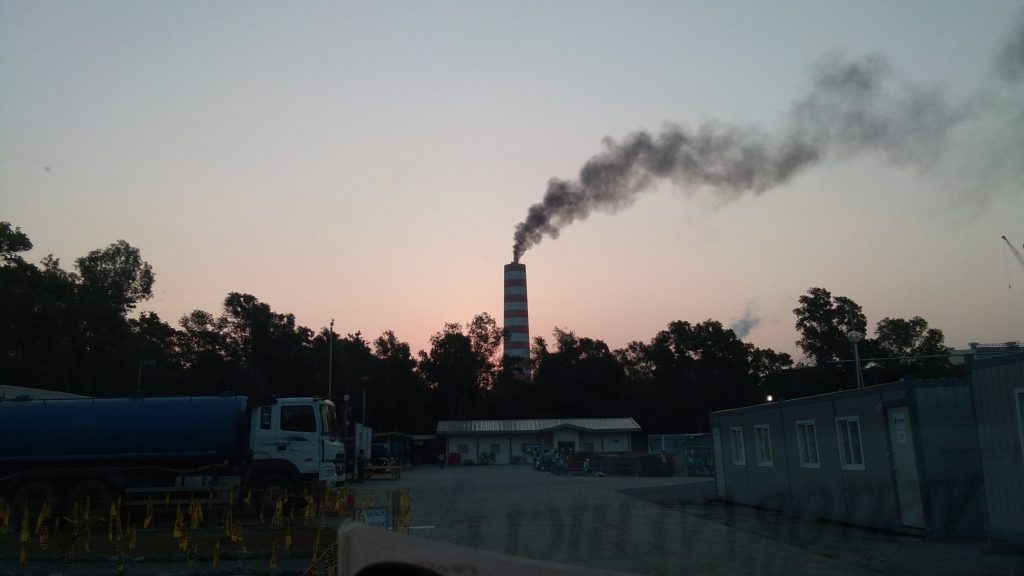
Church and pro-environment groups welcomed “with extreme caution” the Philippine government’s pronouncement of a “new energy policy.”
Bishop Gerardo Alminaza of San Carlos, lead-convener of the group REpower Negros, said the announcement “is both good news and cause for concern.”
Alfonso Cusi, the country’s Energy minister, said the Philippines is not anymore accepting new applications for coal power plants.
Cusi said an assessment conducted by his office showed the need “to shift to a more flexible power supply mix.”
“While we have initially embraced a technology-neutral policy, our periodic assessment of our country’s energy requirements is paving the way for innovative adaptations in our policy direction,” he said.
He said the new policy will help build a more sustainable power system that will be “flexible enough to accommodate the entry of new, cleaner, and indigenous technological innovations.”
The new policy, however, opened foreign ownership of large-scale geothermal exploration, development, and utilization projects.
Foreign companies with an initial investment of US$50 million can enter into Financial and Technical Assistance Agreements with the government.
Bishop Alminaza said allowing full foreign ownership of geothermal projects might not be beneficial to the country, citing government deals with the mining industry as example.
Gerry Arances, executive director of the Center for Energy, Ecology, and Development, said the moratorium on new coal application is “a huge development” in the campaign against the proliferation of coal plants.
“But the government must not stop there,” he said. “It has to include those coal projects that already have permits and are being opposed by affected communities across the country.”
Arances said that there are more than four gigawatts of coal projects, which are in the pipeline, that “are technically safe from the new policy.”
In 2019, the Global Coal Exit List reported that the Philippines has the third biggest coal capacity in the pipeline at 12.014 gigawatts of new coal power.
The Philippines has 27 existing coal-fired power plants and 29 proposed new coal projects in the pipeline.
Arances lambasted the decision to allow 100 percent foreign ownership of geothermal projects.
“We have fought hard against mining … mainly of foreign companies that have been disadvantageous to our national coffers, forest-dependent communities and indigenous communities, and our environment,” he said.
Under the country’s Renewable Energy Act, geothermal is considered a mineral, thus, authorities can invoke that geothermal projects fall under the country’s Mining Act.
Rodne Galicha, executive director of Living Laudato Si, urged the government to institutionalize the new policy on coal project moratorium with legislation.
“We laud the announcement but the government must make it solid rather than lip service,” he said.
Galicha said while they support the government in its action that “promotes ecological conversion and champions renewable energy sources,” they are deeply skeptical about some of the proposals.
“We strongly oppose 100 percent ownership of resources as this will deny opportunities for our innovative and capable Filipino players and may put our patrimony at risk,” he said.
Source: Licas Philippines
0 Comments